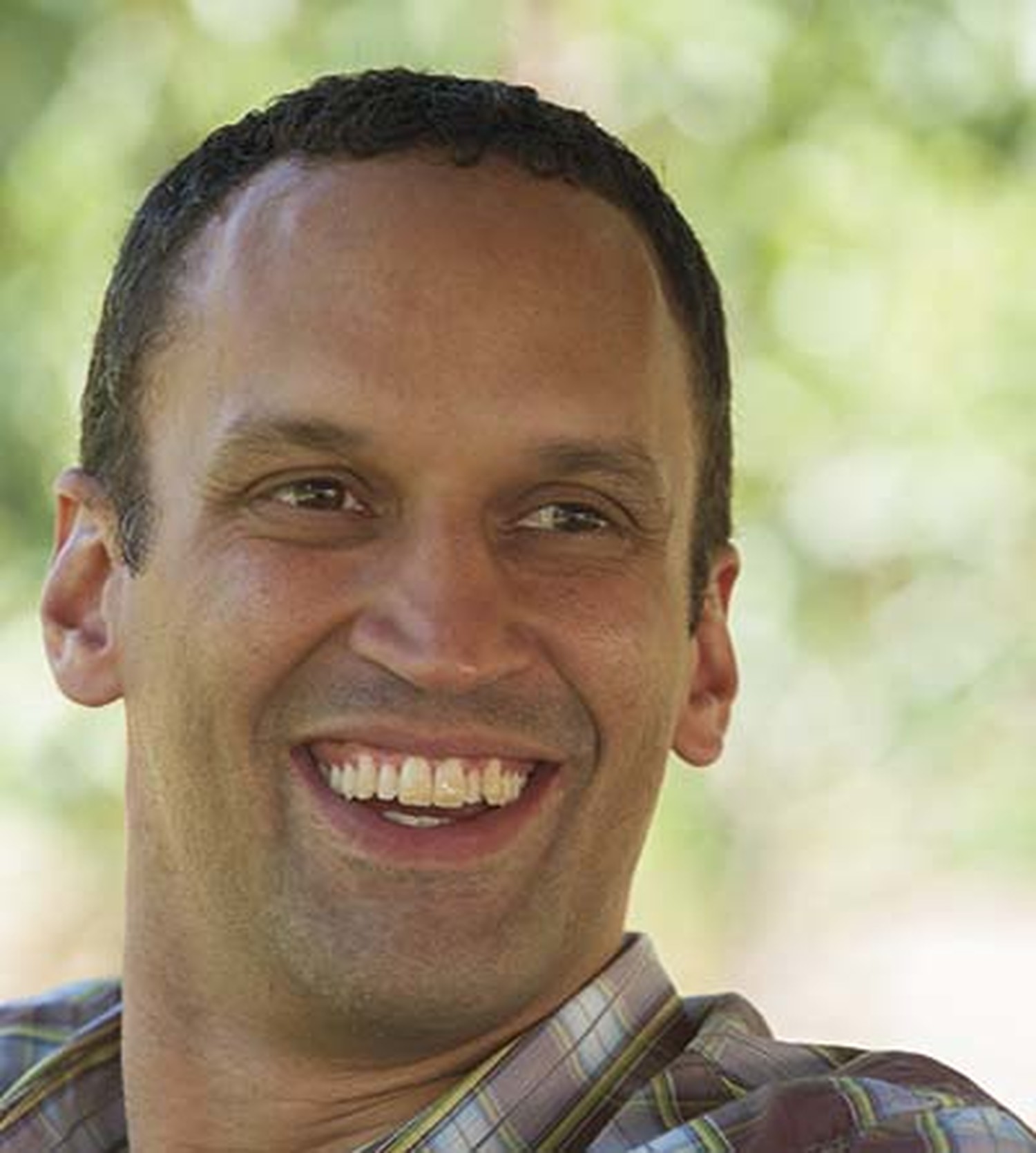Scripture App Builder Makes Translations Accessible
Wycliffe’s main partner organization, SIL, has created a simple, cost-effective way to distribute portions of translated Scripture on Android smartphones and tablets.
Called Scripture App Builder, the free software enables users to build customized Scripture apps. Users can specify the Scripture files to use, the app name, the fonts, colours, box information, audio and icons, and Scripture App Builder packages everything together. The app can then be installed on an Android device (a version for iPhones and iPads is envisioned for the future). It can then be passed to others by Bluetooth or a microSD memory card, or published to app stores on the Internet.
Bible translators, such as Paul Federwitz of Lutheran Bible Translators, are excited by the app.
“On the same day that we dedicated the printed copy of the Komba New Testament, we were able to distribute the Komba New Testament app!” he said. “We are now looking forward to recording the audio and including it in the app to make Scripture even more accessible.”
Church Growing: Huge Job Remains in Brazil Amazon
The Church of Jesus Christ is growing rapidly in the Amazon among the various language groups scattered across the jungles of Brazil.
Obeying Christ’s Great Commission, these Christians are reaching out to those who live deeper in the rainforest.
However, 150 language communities in the South American country still need a translation of the Bible. Not surprisingly, two-thirds of these have had little or no exposure to the message of Jesus.
Dictionary Making Advances Worldwide
The dictionary and lexicography services team of SIL International, Wycliffe’s key partner organization, is helping language groups begin building their own dictionaries.
Led by Wycliffe Canada’s Verna Stutzman, the team most recently supported workshops in seven countries for nine languages, from Bissa Barka in Burkino Faso to Rapoisi in Papua New Guinea.
To advance dictionary making, the team is multiplying its efforts by mentoring new facilitators and training in various locations.
Dictionaries, which are often part of Bible translation projects, provide many benefits. They are a student resource for unfamiliar word meanings, a reference for writers, a guide to standard spelling, and a reference for a community’s traditional knowledge of local plants and animals. A dictionary can bolster a community’s pride in its language, and compiling the words and definitions provides a tangible goal for mother-tongue speakers to work together.
SALT Touches PNG’s Amele
God moved powerfully at a recent Scripture Application and Leadership Training (SALT) course for the Amele people of Papua New Guinea.
About 500 men and women from multiple denominations attended the two back-to-back SALT courses. Many gave their lives to Christ and turned from sinful practices upon hearing God’s Word proclaimed in their mother tongue.
During the course, about 450 Amele New Testaments were sold and many people learned how to read their language for the first time.
The Amele, who number 5,000-plus, live in about 40 hamlets in Madang Province. They received their New Testament in 1997.
Wycliffe Partners Celebrate Anniversaries
Two Wycliffe partner organizations marked significant milestones in Papua New Guinea (PNG) and Chad this past year.
The PNG Bible Translation Association (PNGBTA) celebrated (pictured above) 35 years of serving in the Pacific nation, home to the world’s largest number of languages (800-plus).
Tony Kotauga was officially installed as the agency’s new leader. “I want to see PNG money [used for] translating PNG languages,” he says. “That’s not to say that we don’t need overseas support, but we’ve relied too much on it, and forgotten that our nation can take ownership.”
Meanwhile, in Africa, representatives of local language communities, several government agencies, the University of N'Djamena and church partners celebrated 25 years of service by SIL Chad.
Over the years, SIL staff have helped develop writing systems for Chad’s previously unwritten languages, and published reading and math resources, Scripture translations, traditional local stories and health-related booklets. Working with government agencies and others, SIL has also provided training in mother-tongue literacy in many of the country’s 125 languages.
Trauma Healing Introduced in Iraq
Bible-based trauma healing programs, first created and used in Africa by Wycliffe personnel in Bible translation projects, have recently benefited people in Iraq.
Millions there are living in sub-standard temporary housing and have lost family members. Others (especially children and Yazidi women) are still in captivity, held as slaves or child soldiers by the Islamic State of Iraq and Syria (ISIS). Some have escaped or been bought back with cash.
Scripture-based trauma healing programs are being received well and impacting many, some of whom are putting their hope in Jesus. Workshops are showing God’s heart toward those who suffer, how He Himself experienced suffering and how He wants to comfort and heal their painful memories.
Whistling While They Work
Among many of the 6,500 speakers of the Sochiapam Chinantec language in southern Mexico, conversations are carried on in whistle speech.
Practised by all men, but not the women (though women may also understand it), the whistle speech is used over a distance, such as from one field to another. Whistle speech, based on 31 tone-stress distinctions, is preferred over shouting, which is rarely done by Sochiapam Chinantec speakers. It is also used for fun in situations where regular speech could be heard.
Different whistling styles are used to communicate at different distances, from close-by conversation of up to 10 metres, to whistling with fingers in the mouth, which can be heard more than a kilometre away.
To hear a whistled conversation in Sochiapam Chinantec by two men in different fields (with translations in Chinantec, Spanish and English), visit http://prod.mexico.sil-dev.info/. |
